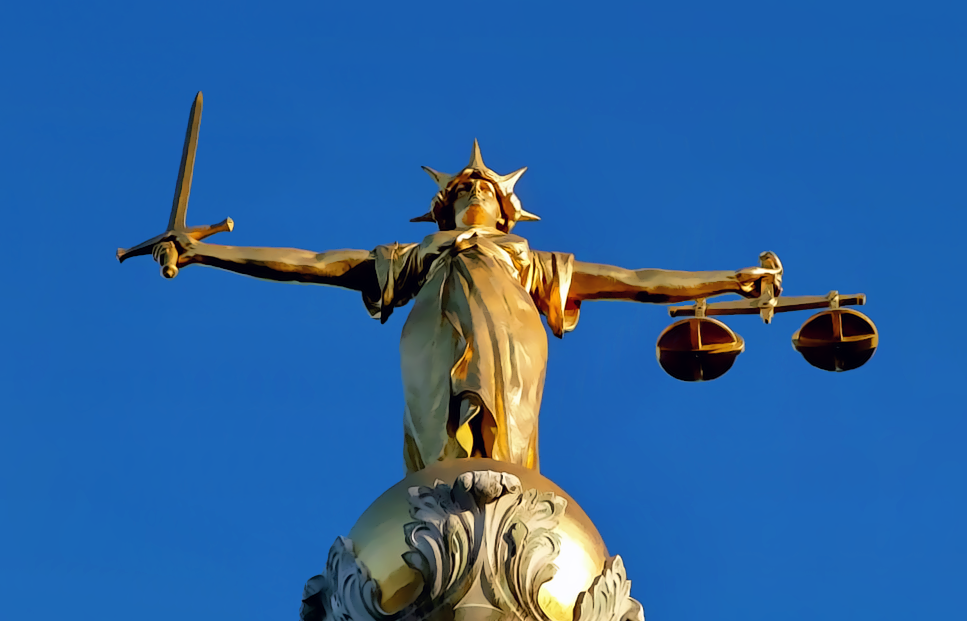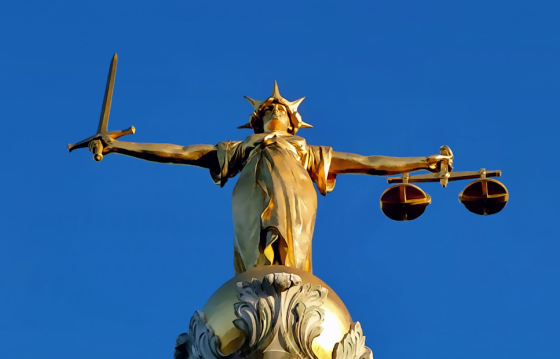Amnesty slates new ‘non-consensual sex’ category: ‘no hierarchy in rape cases’


The introduction of ‘non-consensual sex’ as a separate offence in legislation concerning rape will not offer more protection to victims, Amnesty International has told the justice ministry in its evaluation of a new draft law.
Justice minister Ferd Grapperhaus had proposed the change because the current legislation on rape, which demands proof of force to secure a conviction, does not take into account that victims may be unable to resist because they freeze, are drugged or asleep. While Grapperhaus’s proposal would cover these cases they would only carry half the penalty set for rape.
Amnesty said that neither the currently legislation nor the new proposed category of sexual assault protect victims sufficiently and said consent should be central in legislation, not proof of force.
‘To bring the proposal into line with international treaties on human rights and standards there cannot be a hierarchy in rape cases,’ head of the Amnesty gender programme Martine Goeman said.
‘What should be pivotal in a rape case is the the lack of consent instead of proof of force. Amnesty is not questioning the burden of proof. A person is innocent until proven guilty. Circumstances can always be weighed in a trial. If a person freezes or is otherwise incapable of consent, you cannot take possession of that person’s body and have sex with him or her. That is rape and not ‘non-consensual sex.’
In an earlier survey by Amnesty International, three quarters of 2,000 respondents said that sex without mutual consent but without the use force of violence should count as rape. Nearly all respondents said that it makes no difference if the victim froze or was under the influence.
However, some 20% of young men between 16 and 35 said that the absence of a clear ‘no’ would count as a mitigating circumstance.
Thank you for donating to DutchNews.nl.
We could not provide the Dutch News service, and keep it free of charge, without the generous support of our readers. Your donations allow us to report on issues you tell us matter, and provide you with a summary of the most important Dutch news each day.
Make a donation